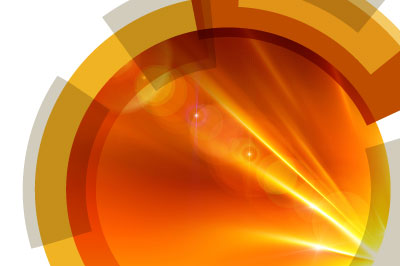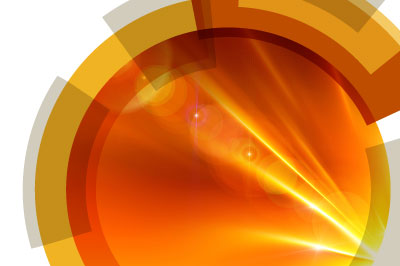 Woon Ju Song, Seoul National University, South Korea
Woon Ju Song, Seoul National University, South Korea
Woon Ju Song is an Assistant Professor at Seoul National University, South Korea. She received her PhD in 2011 under the supervision of Stephen J. Lipparde at MIT, before completing her post doctorial at University of California, San Diego with Akif Tezcan. Her research group’s interests lie in the interdisciplinary studies of inorganic chemistry, biochemistry, protein engineering that they employ spectroscopic, kinetic, thermodynamic, and biochemical techniques/analysis to understand orchestrated chemical reactions of metalloproteins and metalloenzymes. They aim to design and synthesize metal/protein-based biocatalysts and biomaterials that can be further adapted for targeting structures and/or functionalities. Additionally, they are interested in the creation of bioinorganic tools to regulate biological systems such as antibiotic resistance, bacterial communications, and carbon and nitrogen fixation pathways.
 Magnus Buchner, Philipps-Universität Marburg, Germany
Magnus Buchner, Philipps-Universität Marburg, Germany
Magnus R. Buchner studied chemistry at the Technische Universität München where he received his PhD in 2011 under the supervision of Klaus Ruhland. After postdoctoral stays in the groups of Florian Kraus (Munich), Robin Perutz (York) and Sjörd Harder (Erlangen) and a stint at the patent department of the Fraunhofer-Gesellschaft, he started his independent research at the Philipps-Universität Marburg in 2015, funded by the Deutsche Forschungs Gemeinschaft and since 2019 within the Emmy Noether program. His research interests lie in the coordination, organometallic and bioinorganic chemistry of hard (pseudo) main group metals, with a predilection for beryllium.












